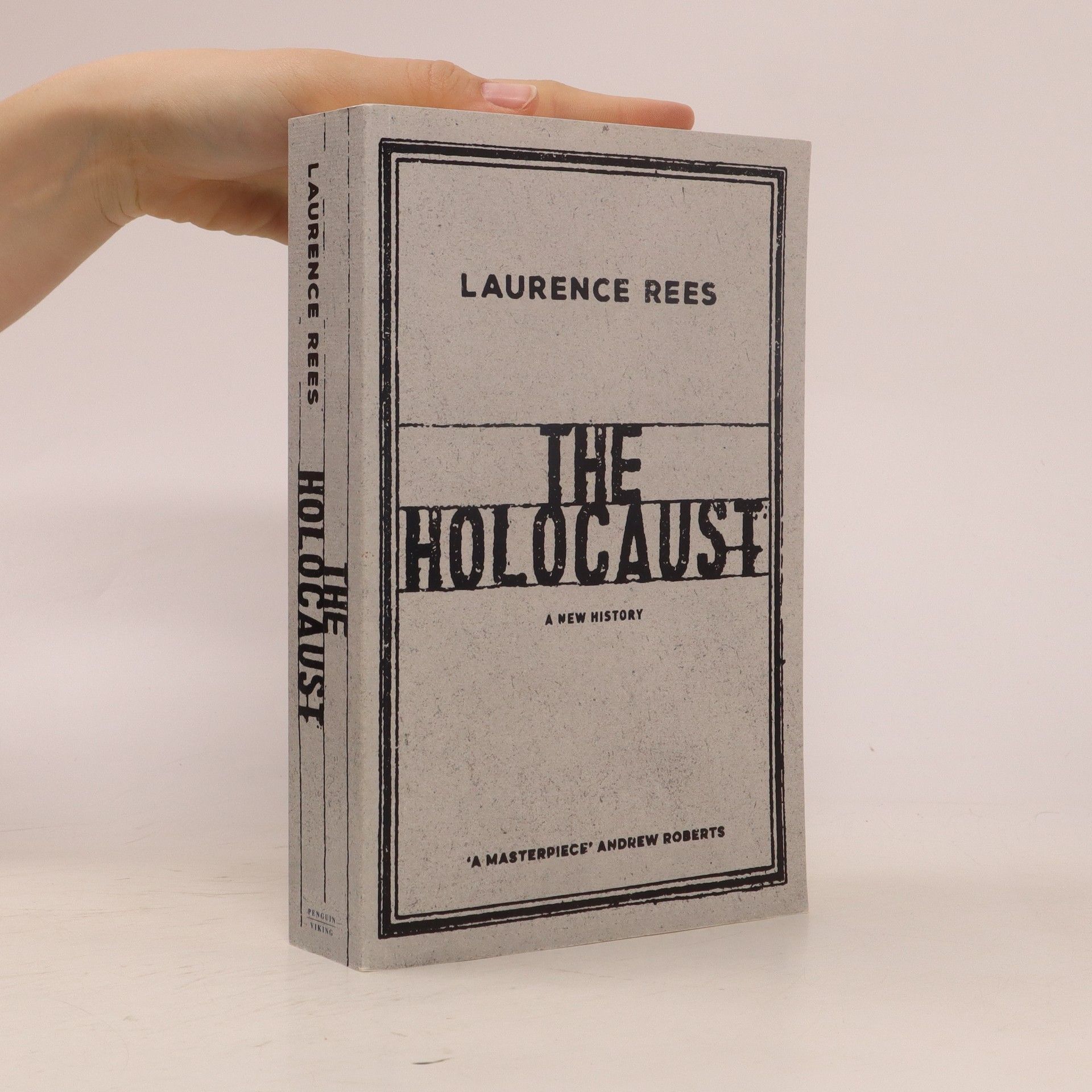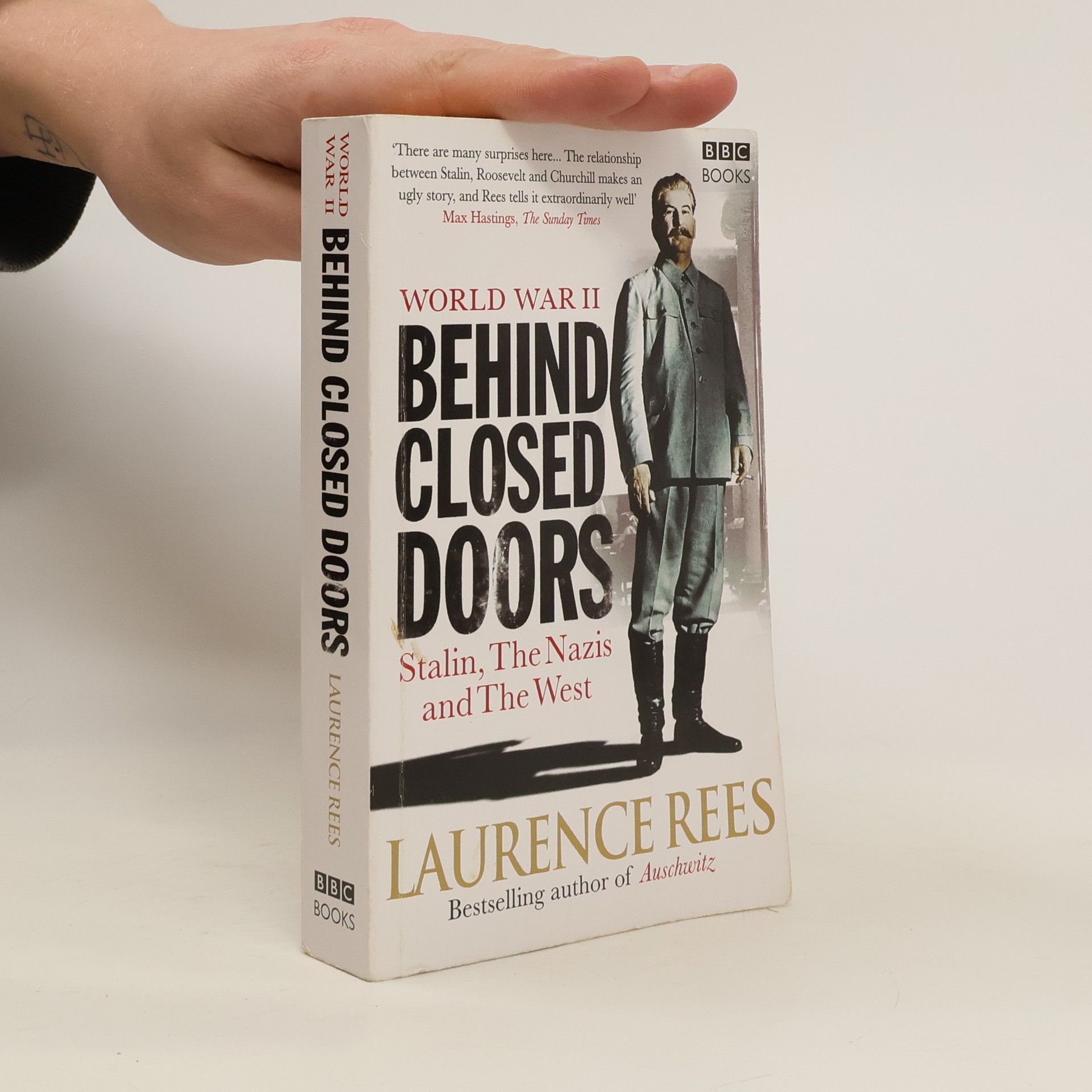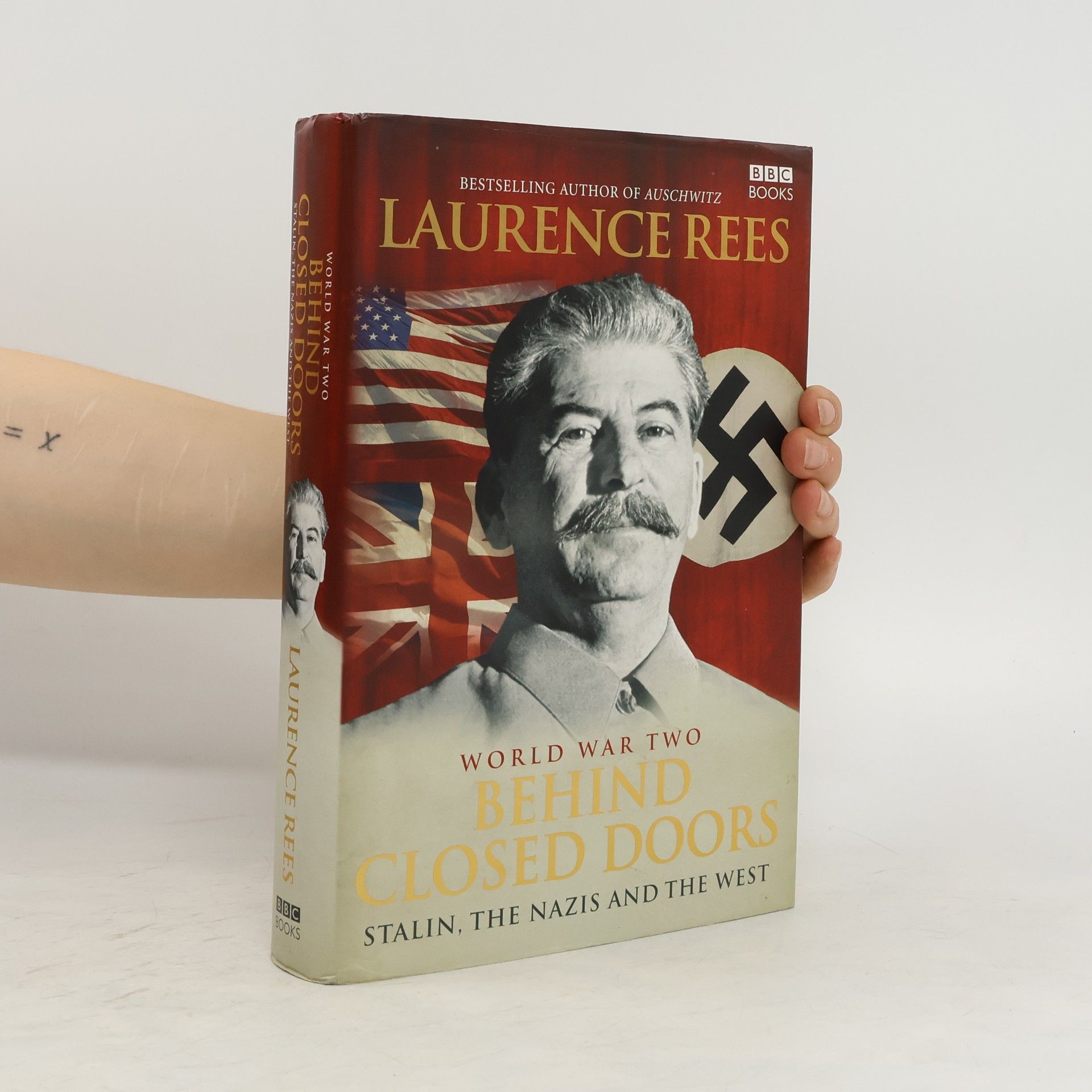Auschwitz
Geschichte eines Verbrechens | Die fundierte sowie erschütternde Darstellung über die unfassbaren Geschehnisse des Holocaust
In dieser ebenso fundierten wie erschütternden Darstellung gelingt es Laurence Rees, dem Leser die unfaßbaren Geschehnisse des Holocaust nachvollziehbar vor Augen zu führen – mit einem beunruhigenden Fazit: Der Holocaust ist kein düsterer Alptraum, kein singulärer Exzeß, sondern Ergebnis der menschlichen Veranlagung.










